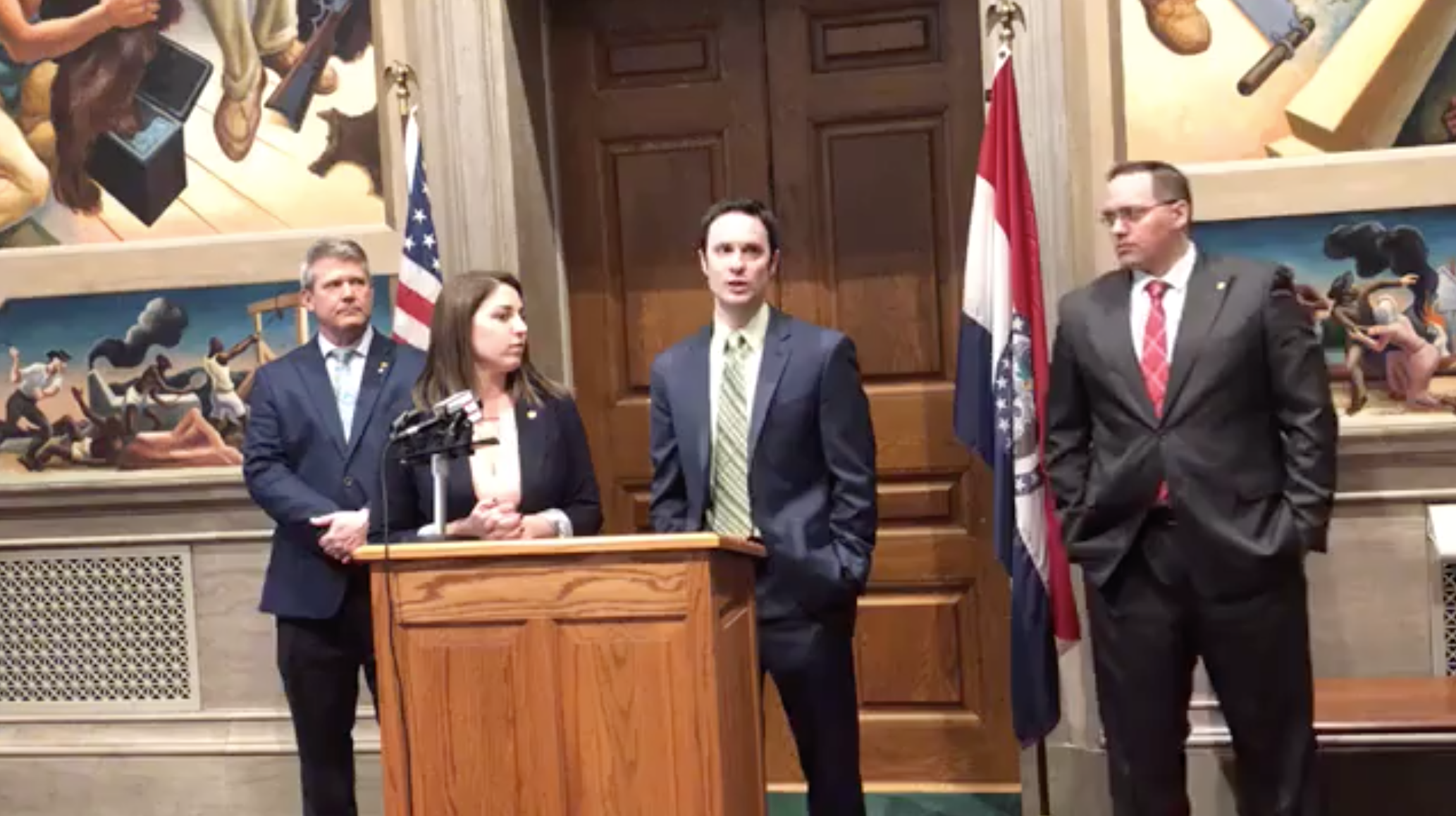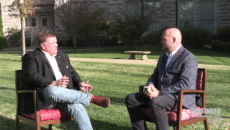JEFFERSON CITY, Mo. – House Democrats have filed a suite of bills they say will protect voter-approved ballot measures from immediate legislative tampering.
“Voters hold the ultimate power in Missouri, and our system of government demands that their decisions be respected,” House Minority Leader Crystal Quade said. “But too often the majority party acts as if the will of voters doesn’t matter. Democracy will not long survive if election results are treated as mere suggestions that those in power are free to ignore.”
Rep. Robert Sauls has filed HJR 42, which would require legislative supermajorities to alter voter-approved statutes for four years after passage. During the first two-years following voter approval, three-fourths majorities in both chambers would be required to make changes. For two years after that, the supermajority requirement would drop to two-thirds.
“Legislative disagreement with voter decisions can’t justify essentially overturning the results of an election,” Sauls said. “Requiring a supermajority to make changes would thwart lawmakers from tampering with voter-approved laws they don’t like while still giving them leeway to act when there is broad consensus that such law has a flaw that needs fixing.”
Rep. Mark Ellebracht filed HB 386, which would specify that social media pages operated by public governmental bodies and, in certain circumstances, government officials, are considered public records under the Sunshine Law.
In addition to HB 386, Rep. Peter Meredith is sponsoring HB 1026, which would require political groups that are currently allowed to keep their donors secret to fully disclose all contributions they receive and expenditures they make.
“Untraceable and unlimited dark money erodes public confidence in elections and elected officials,” Merideth said. “When billionaires and corporations spend vast amounts to influence elections, voters need to at least know their identities in order to make informed decisions.”
Rep. Jon Carpenter also expressed displeasure with House Bill 445, which has an amendment added that extends exemptions under Missouri’s open record laws.
“Missouri voters demanded that lawmaker records be open and transparent,” Carpenter said. “House Republicans responded by moving to keep virtually all government records secret. If this bill becomes law, a veil of darkness will fall across all levels of Missouri government, and Missourians will suffer for it. This must not happen.”









